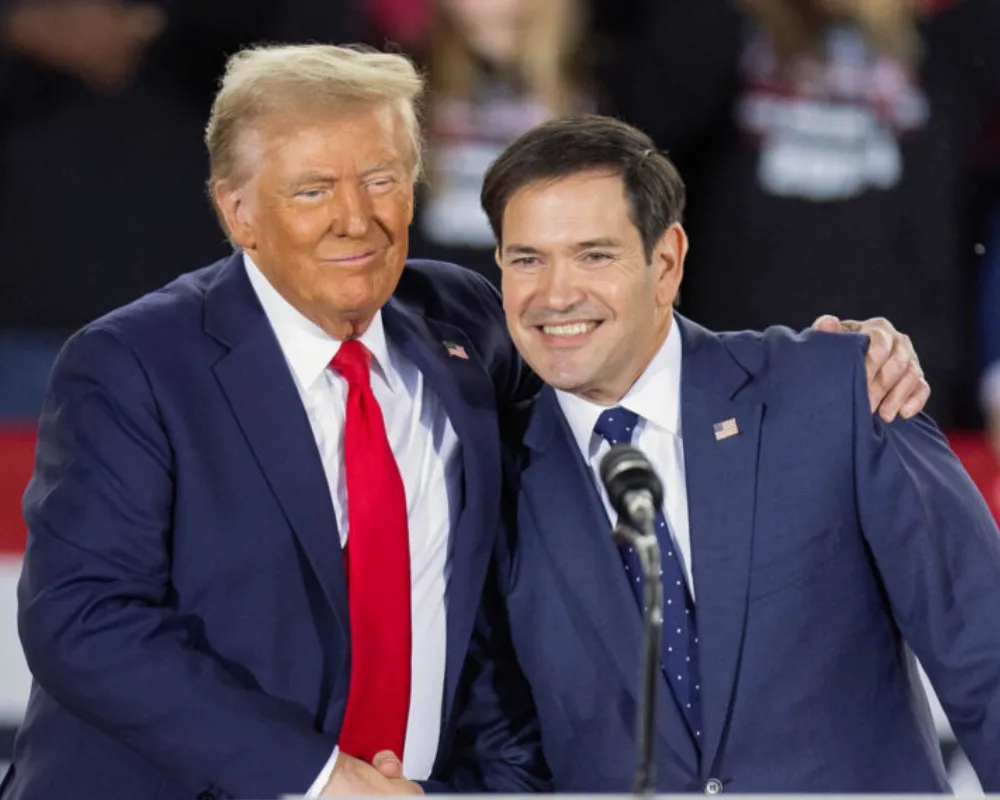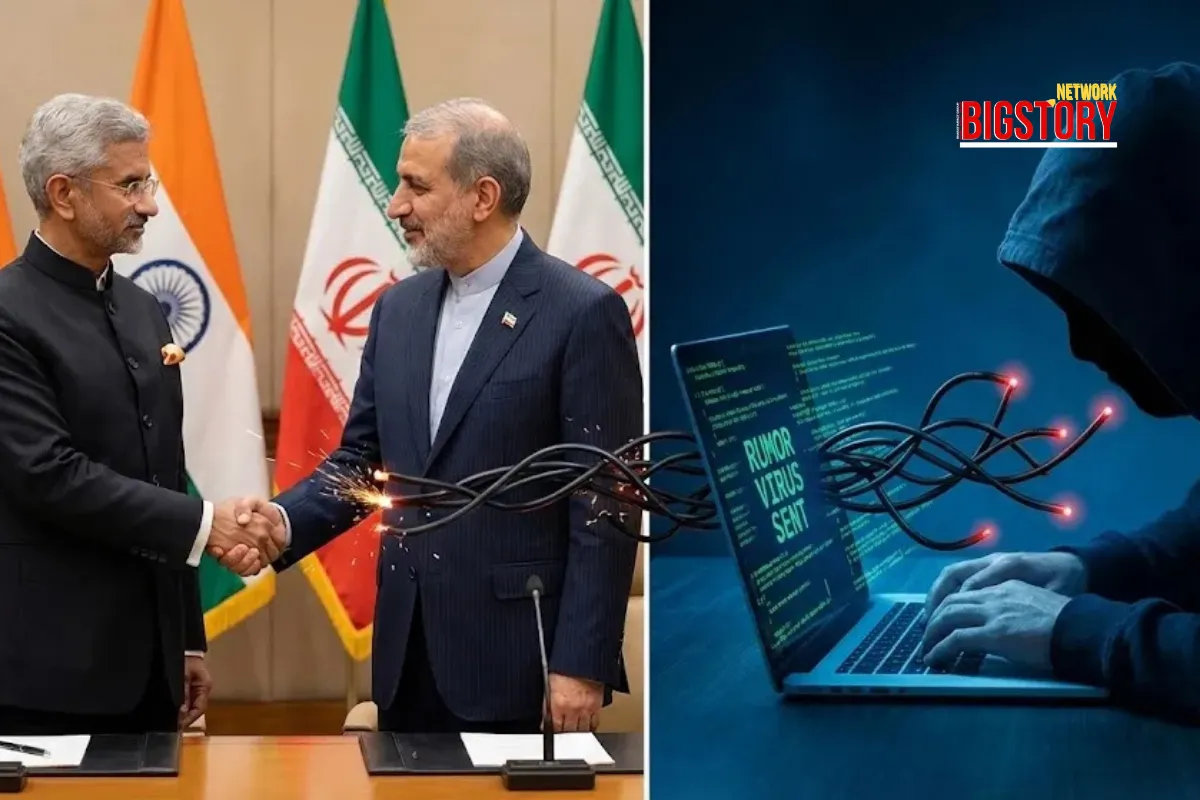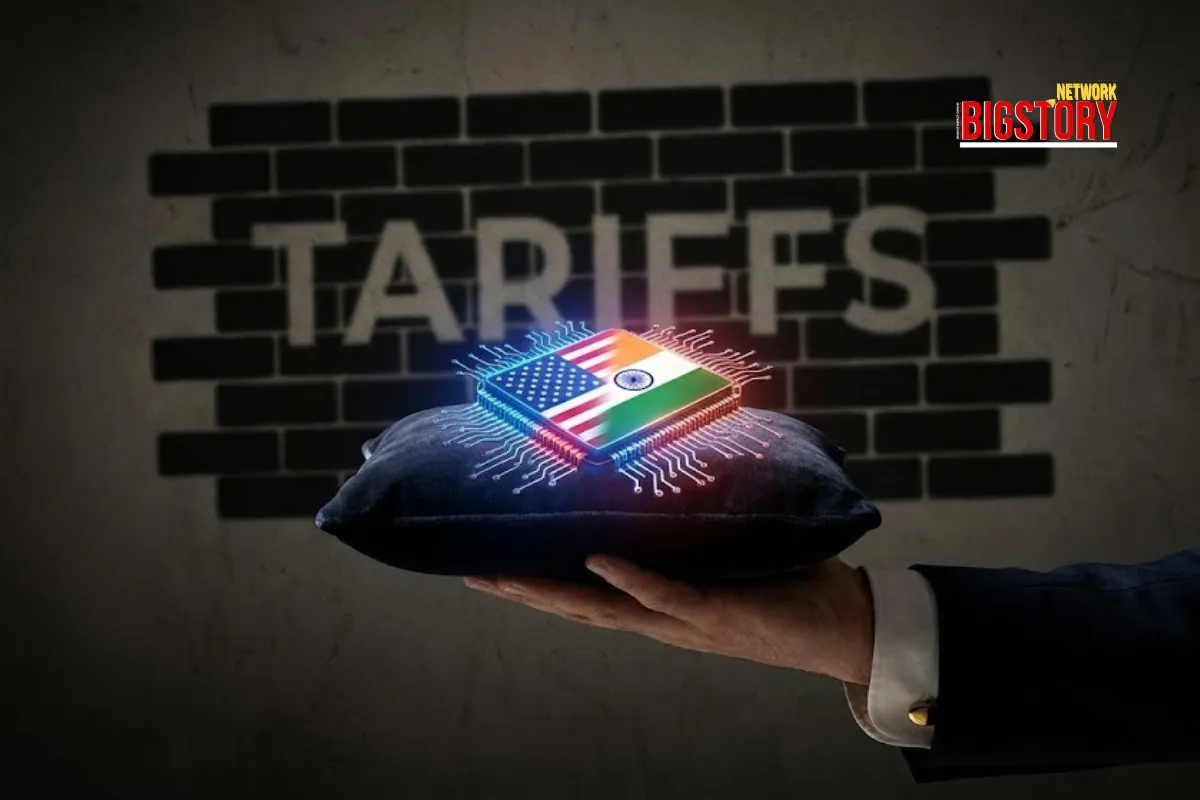Secretary Rubio reaffirms US commitment to a free and open Indo-Pacific, emphasizing partnerships, security, and economic growth in the region.
 Sseema Giill
Sseema Giill

KUALA LUMPUR, MALAYSIA — U.S. Secretary of State Marco Rubio, during his inaugural tour of Asia as the nation's top diplomat, emphatically reaffirmed the United States' "unwavering commitment" to a free, open, and secure Indo-Pacific region. Speaking from Kuala Lumpur on the sidelines of the ASEAN Foreign Ministers' Meeting, Rubio underscored that the region remains a pivotal focus of U.S. foreign policy, directly countering any notions that global events elsewhere might distract Washington.
"The Indo-Pacific, the region, remains a focal point of U.S. foreign policy," Secretary Rubio declared. "When I hear in the news that perhaps the United States or the world might be distracted by events in other parts of the planet, I would say distraction is impossible, because it is our view – our strong view and the reality – that this century and the next – the story of the next 50 years will largely be written here." He highlighted the region's dynamic youth and its expected contribution of two-thirds of global growth, making it "impossible to ignore, to sideline."
Rubio’s remarks echoed sentiments previously expressed during a Quad (Quadrilateral Security Dialogue) meeting where he stressed the partnership's evolution and the importance of concrete coordinated actions among strategic partners and allies. He emphasized that cooperation extends beyond security to include economic development, particularly diversifying global supply chains for critical minerals, ensuring access not only to raw materials but also to processing and refining capabilities.
The Secretary's trip aimed to reassure allies and partners, some of whom have expressed unease over President Trump's global tariff offensive. While Rubio acknowledged that tariffs were a global issue, he sought to pivot discussions towards shared security interests, maritime safety in the South China Sea, and combating transnational crime and digital threats. He articulated that the U.S. intends to strengthen and build upon existing partnerships "without seeking the approval or permission of any other actor in the region or the world," an implicit reference to China.
Rubio underscored the foundational principles of the U.S. Indo-Pacific strategy: a region where nations make sovereign choices, free from coercion, and where international law and norms are upheld, particularly regarding the lawful governance of seas and skies. This vision involves bolstering freedom of information, supporting independent media, and addressing threats from information manipulation.
Recent U.S. military exercises in the region, such as Resolute Force Pacific 2025 – the largest contingency response exercise ever conducted by the U.S. Air Force in the Indo-Pacific – further illustrate this commitment. These exercises, involving hundreds of aircraft and forces from allied nations, aim to demonstrate the ability to adapt airpower in contested environments and enhance interoperability. The Department of Defense has consistently emphasized its commitment to working with allies and partners to uphold a free and open region founded on respect for international rules, laws, and norms.
Rubio's engagements during his Asia tour, including meetings with Malaysian Prime Minister Anwar Ibrahim and other ASEAN foreign ministers, reinforced the U.S.'s dedication to deepening economic and security ties. Discussions touched upon strengthening cooperation in civil nuclear energy, critical minerals, and advanced technology, including resilient supply chains and AI chip security. The visit served as a crucial reaffirmation that, despite challenges and evolving global dynamics, the United States views its role as a steadfast Pacific nation, committed to the region's prosperity and stability.






Sign up for the Daily newsletter to get your biggest stories, handpicked for you each day.
 Trending Now! in last 24hrs
Trending Now! in last 24hrs



